What Do Probiotics Do for Dogs: A Vet Approved 2025 Guide
As a loving pet owner, you may often wonder: what do probiotics do for dogs? Many dog parents notice digestive issues, loose stool, or skin problems and search for safe solutions. Ignoring gut health can worsen your dog’s digestive systems, weaken the immune system, and reduce their overall well-being. Luckily, probiotics offer a natural and effective way to restore healthy gut bacteria and support your dog’s digestion long term.

Understanding What Probiotics Do for Dogs
What are probiotics for dogs?
Probiotics are live microorganisms, often referred to as good bacteria or friendly bacteria, that live in the digestive tract. They play a crucial role in maintaining healthy gut bacteria, supporting digestive health, and balancing the gut microbiome. Specific probiotics like bifidobacterium animalis and enterococcus faecium are commonly found in probiotic products designed for dogs. These probiotic strains help maintain balance in digestive systems and support the immune system.
How probiotics support digestive systems
When dogs experience digestive issues such as loose stool, gas, or changes in bowel movement, it often means the gut bacteria is imbalanced. By adding probiotics to your dog’s diet, you introduce good bacteria that promote digestive health and help feed probiotics already present in the body. Long term use of probiotic supplements may also stimulate the production of short chain fatty acids, which further support nutrient absorption and overall gut health.

Benefits of Probiotics for Dogs
Improving digestive health
The most common reason pet parents ask what does a probiotic do for a dog is to help with digestive issues. Probiotics improve stool consistency, reduce loose stool, and regulate bowel movement. Probiotic strains help restore balance in digestive systems, which can also reduce flatulence and discomfort.
Supporting the immune system
About 70% of a dog’s immune system is located in the digestive tract. Adding specific probiotics through probiotic supplements strengthens your dog’s defense against harmful bacteria. Healthy gut bacteria also produce short chain fatty acids that support immune function. This makes probiotics especially valuable during times of stress, after antibiotics, or when introducing new dog food.
Long term benefits for overall health
Feeding probiotics regularly provides long term improvements in digestive health, skin condition, and even mood. Dogs with a healthy gut microbiome are less likely to experience recurring digestive issues. Some studies suggest probiotic products may also help reduce itching and inflammation, showing broader benefits of probiotics for dogs.

Signs Your Dog Needs Probiotics
Frequent loose stool or diarrhea
Recurring digestive issues or gas
Changes in appetite or bowel movement
Skin irritation or itching
History of antibiotics that disrupted gut bacteria
If you notice these signs your dog needs probiotics, consult your veterinarian. They may recommend probiotic supplements or dog specific probiotics that match your dog’s digestive systems needs.
How to Add Probiotics to Your Dog’s Diet
Probiotic supplements
Probiotic supplements are one of the easiest ways to add probiotics to your dog’s diet. They come in powder, capsule, or chewable forms. Look for probiotic products that clearly list probiotic strains like bifidobacterium animalis and enterococcus faecium.
Dog food with probiotics
Some premium dog food brands now include prebiotics and probiotics for dogs. This makes it simple to feed probiotics daily while supporting a healthy gut microbiome. Always check the label to ensure the dog food contains live probiotic strains.
Long term feeding tips
For lasting benefits of probiotics for dogs, make sure to feed probiotics consistently. A long term approach allows probiotic strains to build a stable community of healthy gut bacteria, improving digestive health over time.
Everything Our Vets Recommend
What Do Probiotics Do for Dogs FAQs
What does probiotics do for dogs?
Probiotics help balance healthy gut bacteria, improve digestive health, and support the immune system. They reduce digestive issues like loose stool and regulate bowel movement.
What does a probiotic do for a dog?
A probiotic introduces friendly bacteria into the digestive systems. It aids digestion, promotes nutrient absorption, and strengthens the immune system for better overall health.
What does a probiotic do for dogs in the long term?
Long term probiotic supplements support consistent digestive health, improve skin condition, and may reduce inflammation. They provide ongoing benefits of probiotics for dogs by stabilizing gut microbiome balance.
Final Thoughts
Understanding what do probiotics do for dogs helps you make informed choices for your pet’s digestive health. Probiotics offer natural support for digestive systems, strengthen the immune system, and create long term benefits. If your dog shows signs your dog needs probiotics, consider adding dog specific probiotics, probiotic supplements, or dog food with probiotics to their daily diet. A healthy gut leads to a happier, healthier dog—start today and support your dog’s digestion with the right probiotic products.
You May Like:
- Can Dogs Take Human Probiotics? Shocking Truth Owners Miss
- Dog Probiotics for Itching: Relieve Your Pup’s Scratching Safely
- 2025 Dog Probiotics for Yeast Guide: Treat & Prevent Infections Easily
- Best Probiotics for Dog Skin Allergies: Vet Picks and Tips
User Comments
Does flea treatment kill ear mites too?
Can dogs take human probiotics?
Can dogs have people probiotics safely?
Related Articles
View all
How Long Should a Dog Be on Probiotics: Complete 2025 Guide

Best Probiotics for Dogs with Gas (2025 Review & Guide)

What Do Probiotics Do for Dogs: A Vet Approved 2025 Guide
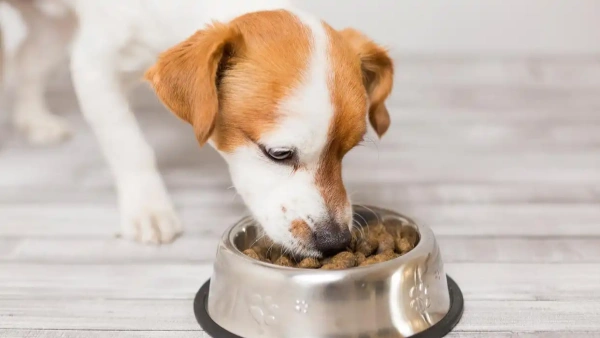
Can Dogs Take Human Probiotics? Shocking Truth Owners Miss

How Long Should a Dog Be on Probiotics: Complete 2025 Guide

Best Probiotics for Dogs with Gas (2025 Review & Guide)

What Do Probiotics Do for Dogs: A Vet Approved 2025 Guide

Can Dogs Take Human Probiotics? Shocking Truth Owners Miss
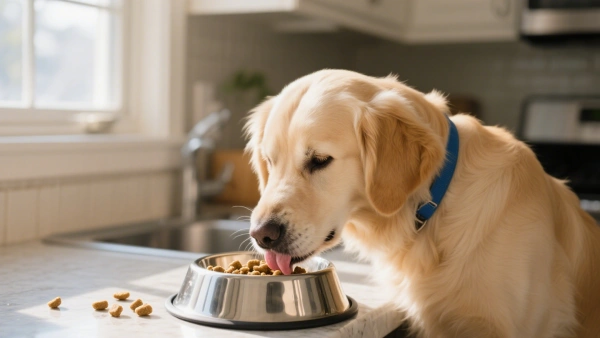
2025 Dog Probiotics for Yeast Guide: Treat & Prevent Infections Easily

Dog Probiotics for Itching: Relieve Your Pup’s Scratching Safely

Best Probiotics for Dog Skin Allergies: Vet Picks and Tips

What’s a Good Probiotic for Dogs? Expert Guide for Pet Owners


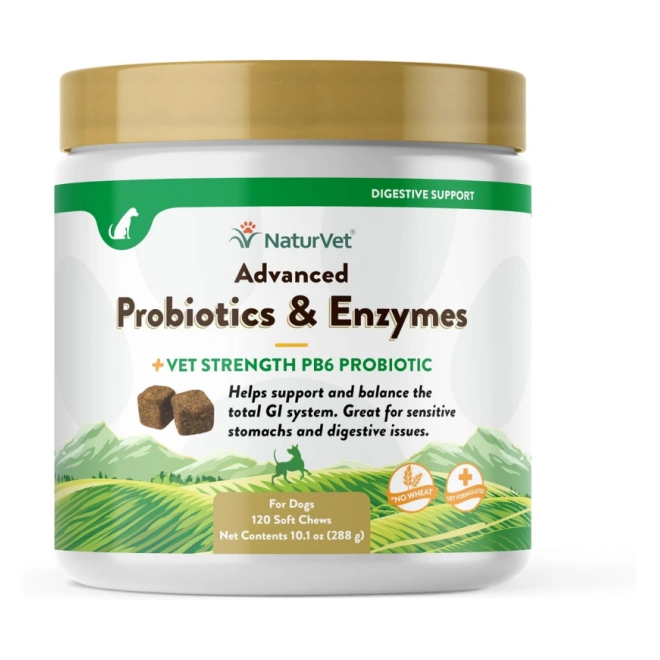
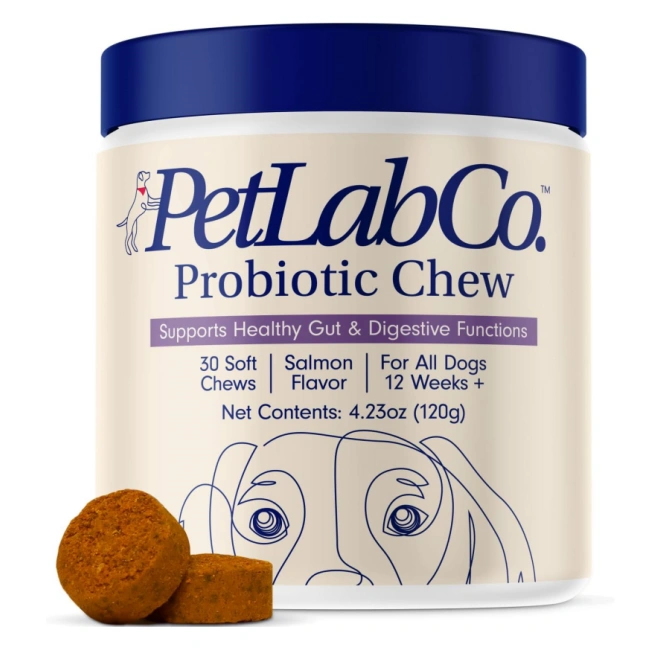
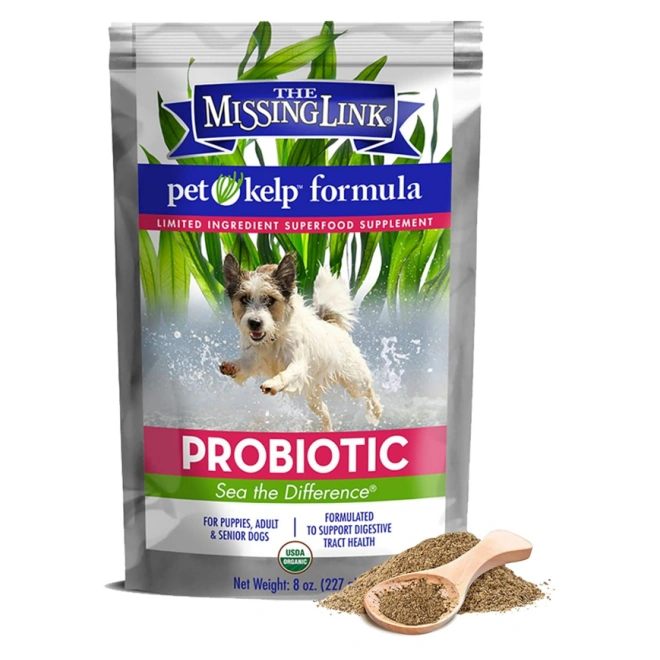
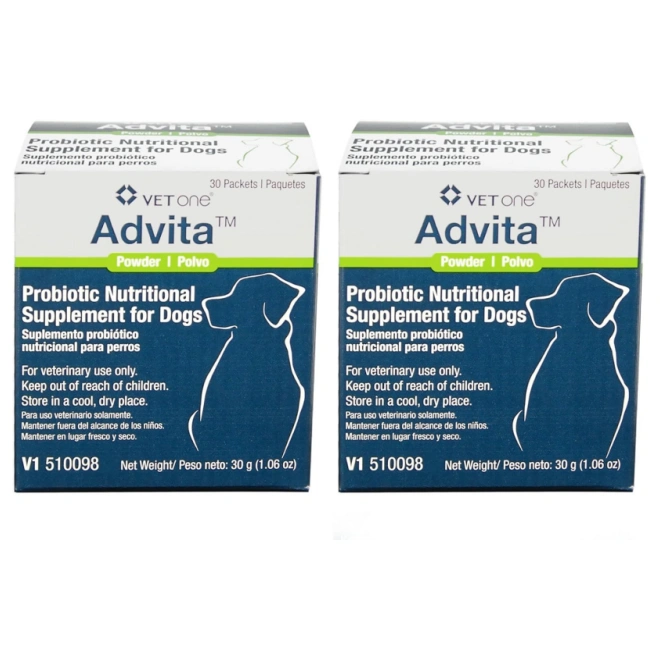








Leave a Reply